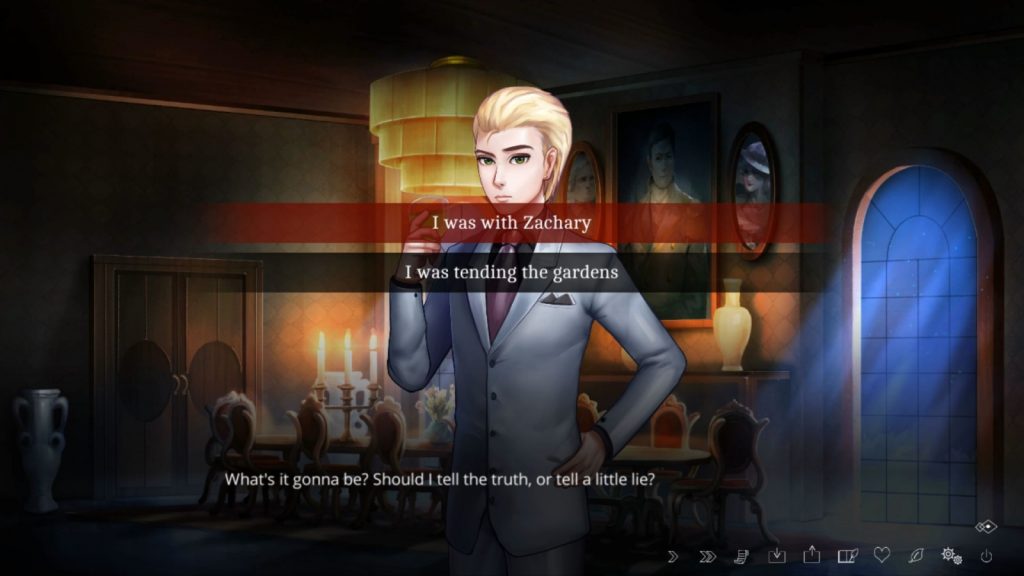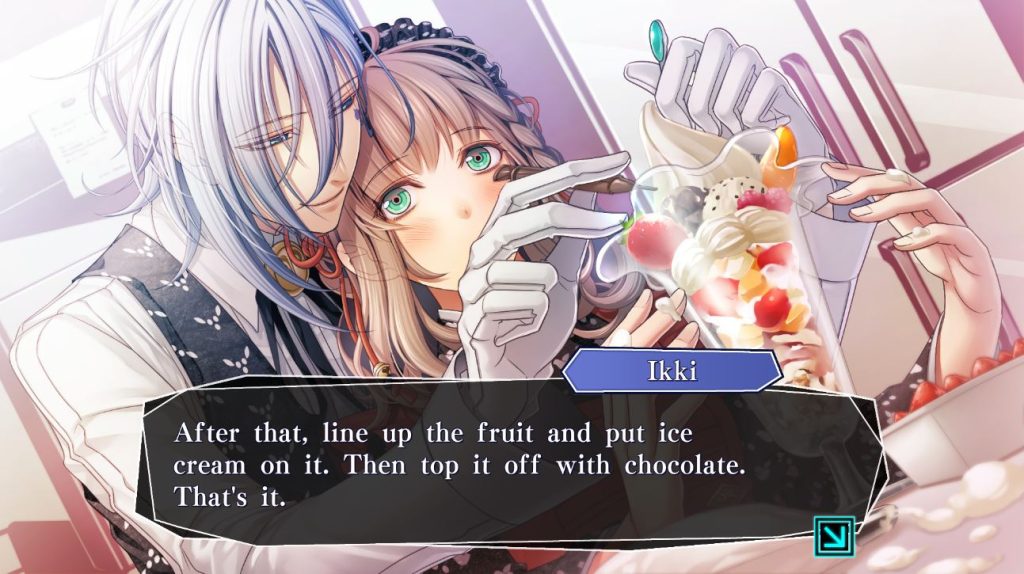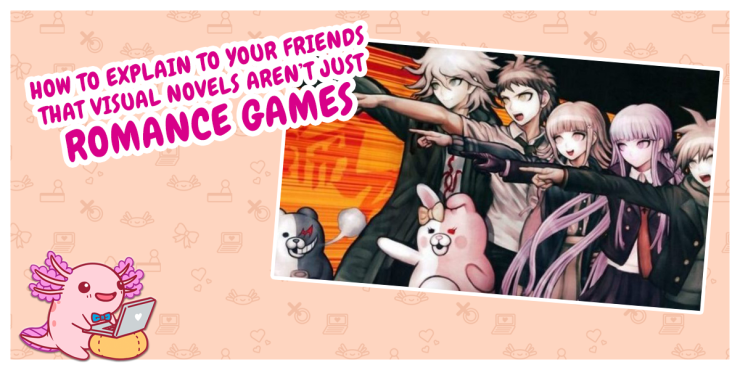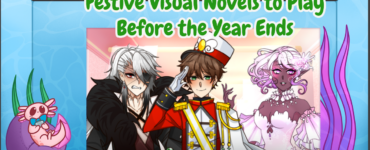We’ve all been there. That moment when you’re with a group of friends and they ask, “So what games have you been playing?” From one visual novel advocate to another, it’s a simple answer to a simple question: visual novels. But what if they don’t play visual novels and are under the misconception that VNs are just romance games? Well, here’s what you should say.
1. Talk about visual novels that aren’t romance-based.

There’s a good selection of visual novels where the story doesn’t revolve around romance. Danganronpa, Ace Attorney, fault, and Higurashi When They Cry are just a few that come to mind when I think of acclaimed visual novels. Western indie visual novels are absolutely worth their salt in this argument, with games like Heir, Waterborne, and The Letter, which are all masterpieces as well. Notable features of all of the mentioned titles include immersive gameplay, good art and visuals, and suspense and intrigue that keeps you interested in the plot. What else do all of the above titles have in common? They’re all visual novels that aren’t focused on dating, and they have highly compelling stories.
While it is good to list some well-renowned visual novels, your best bet is to follow it up with your favorite visual novel that isn’t a romance and explain what you like about it. What was unique about the game that captivated you? Your answer will explain what makes the game stand out and potentially reel in more interest from non-visual novel players. There’s no wrong answer, because any answer will prove that there’s something intriguing about visual novels that makes them worthwhile.
2. Explain the purpose of a visual novel.

Although it might seem self-explanatory that a visual novel is for entertainment, in order to steer away from the common misconception that visual novels are strictly for romantic self-indulgence, then you’ll want to explain what visual novels actually are. Visual novels offer a unique method of storytelling that seems to transcend what other storytelling mediums provide. Choice novels have a charm to them, and one of the most alluring aspects of these games is the branching paths and multiple endings.
A more direct description of visual novels is that they are like a book, movie, and game all in one. That is what visual novels are at the foundation, and if it’s a kinetic novel than it’s more like a movie/book, since the interactivity is limited. That being said, a visual novel is a tool for storytelling, and the genre can be anything. From a 1920s detective puzzle game, to a retro sci-fi story, or even a wholesome slice-of-life adventure—the possibilities are boundless. Regardless of the genre, a visual novel serves its purpose as an immersive story.
3. Romance isn’t a bad thing.

There’s a stigma against visual novels, and that’s often because they tend to be associated with romance games. And then there’s a stigma against romance games because they often are thought to only be games that aren’t SFW. Even if that’s not the case and the game under scrutiny is actually a wholesome romance, the notion that romance is a “lesser” genre is a problem that spans across different forms of media, not just visual novels. Romance makes a lot of people feel good, and there’s nothing wrong with that. That’s a topic that could be an entire article in itself, but the point to remember is that it is OK to like romance.
At the end of the day, you want to explain to your friends that visual novels are much more than romance games. Yes, visual novels aren’t just romance games. But many romance games are visual novels. Everyone has their own game and genre preferences, but as an VN enthusiast, it’s always a win to help shed light on visual novels and peel away at the false notions that surround them.







